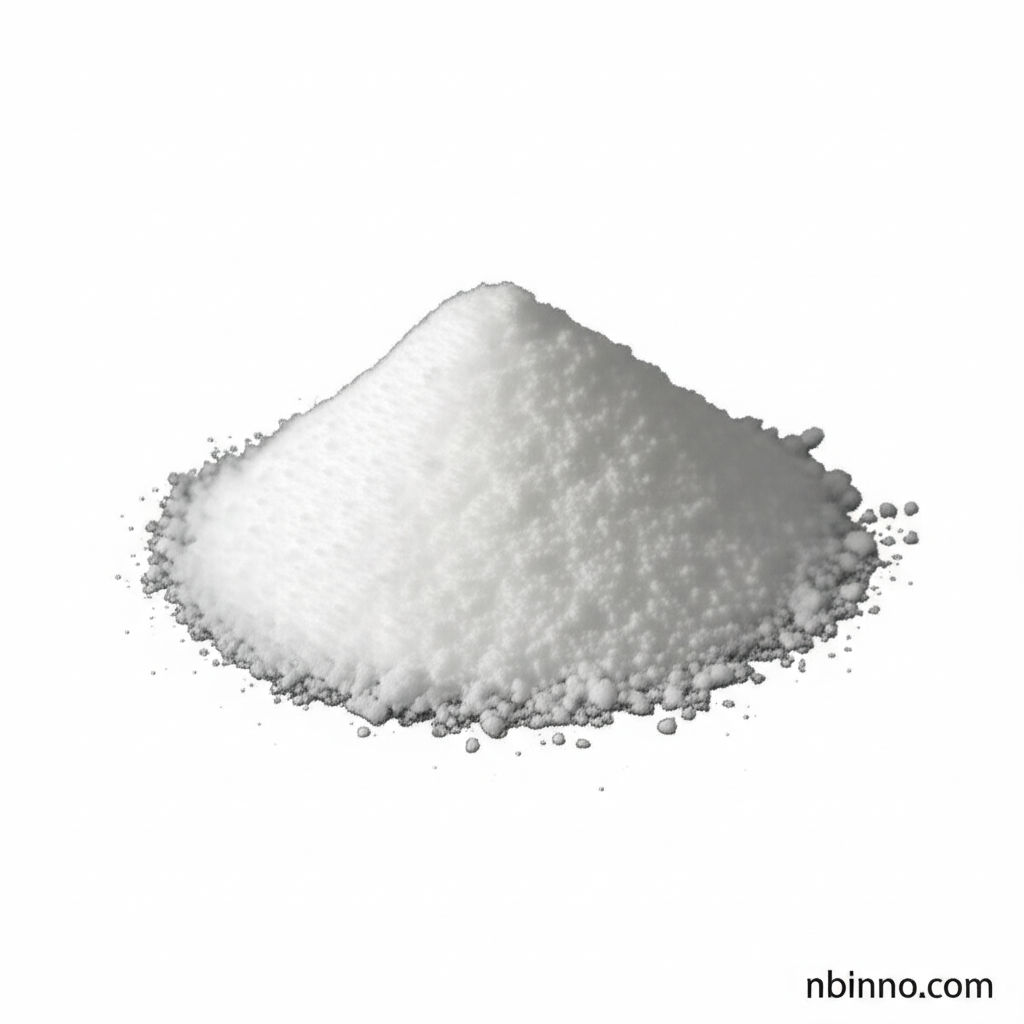4-(trans-4-Pentylcyclohexyl)benzoic Acid: Enabling Next-Generation Displays
Unlock the potential of advanced liquid crystal materials with this essential synthetic building block.
Get a Quote & SampleProduct Core Value

4-(trans-4-Pentylcyclohexyl)benzoic acid
As a pivotal acidic liquid crystal intermediate, 4-(trans-4-Pentylcyclohexyl)benzoic acid (CAS 65355-30-8) plays a critical role in the synthesis of advanced liquid crystal materials. Its unique molecular architecture, featuring a cyclohexyl ring, benzene ring, and a polar carboxylic acid group, is instrumental in achieving the desired optical and dielectric properties essential for modern display technologies.
- Discover the precision in liquid crystal material synthesis with our high-purity 4-(trans-4-Pentylcyclohexyl)benzoic acid.
- Explore its application in forming ester liquid crystal materials through precise esterification reactions.
- Leverage this key intermediate for the synthesis of liquid crystal polymers with superior mechanical strength and thermal stability.
- Enhance your display device performance with materials derived from this critical building block for advanced display technology.
Key Advantages
Unmatched Purity
Achieve superior results in your liquid crystal material synthesis, benefiting from the high purity of our 4-(trans-4-Pentylcyclohexyl)benzoic acid, a critical component for advanced display technology.
Versatile Synthesis Capabilities
This intermediate facilitates the synthesis of liquid crystal polymers, offering high mechanical strength and thermal stability, crucial for flexible displays and printed electronics.
Optimized Material Properties
Benefit from excellent optical anisotropy and dielectric properties in your final liquid crystal mixtures, all thanks to the precise molecular design enabled by our product for liquid crystal material synthesis.
Key Applications
Liquid Crystal Displays
Essential for creating high-performance liquid crystal mixtures used in advanced display devices, ensuring vibrant visuals and sharp imagery.
Flexible Electronics
Contributes to the development of liquid crystal polymers with high mechanical strength, ideal for the growing field of flexible displays.
Printed Electronics
Enables the production of electronic materials with enhanced thermal stability, supporting innovation in printed electronic applications.
Organic Synthesis
Serves as a vital building block in complex organic synthesis pathways, particularly for materials science and electronic applications.
